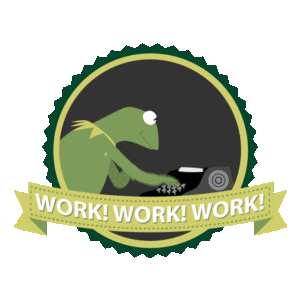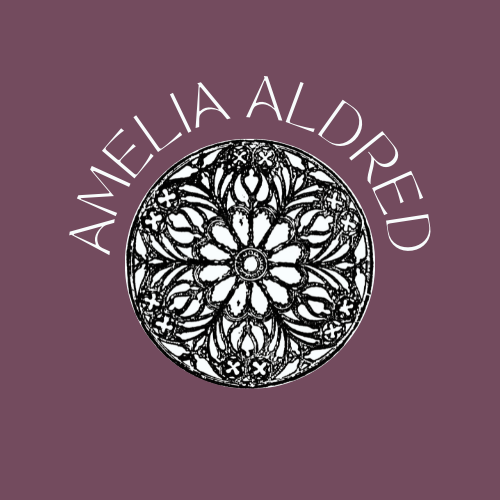I often refer to writing as my asshole best friend. It never leaves me (it may be dormant, but it never actually leaves) and it will always tell me the truth, even when–especially when–I don’t want to hear it. Am I overscheduled? Overanxious? Overcontrolling? Not getting enough sleep or food? Those conditions show up as blocks in my writing process which forces me to address them or at the very least, acknowledge what’s going on. Natalie Goldberg* said, “To write is to ultimately deal with your whole life,” which I find to be infuriatingly true.
Today I finished a story that pushed me to confront one of my beloved myths: the cure for every problem in my life is to work harder. God, how I love that myth. It means that everything a) can be fixed and b) if it isn’t fixed, it’s because I’m just not working hard enough. If a friend told me that they were struggling I wouldn’t reflexively say, “Just work harder!” but I tell myself that a lot.

I tried doubling down and working through the dread. I set writing dates up with friends, set weekly goals for editing, and showed up at the page. But working harder didn’t work. I tried taking a break then attacking it again, but that didn’t work either, the dread just got worse. I felt so frustrated and afraid–if working harder wasn’t helping, what could help?
On the recommendation of a friend, I started reading the book Art & Fear: Observations On The Perils (and Rewards) of Artmaking by David Bayles and Ted Orland. A line from Chapter 3 stuck to me.
The lessons you are meant to learn are in your work. To see them, you need only look at the work clearly-without judgement, without need or fear, without wishes or hopes. Without emotional expectations. Ask your work what it needs, not what you need. Then set aside your fears and listen, the way a good parent listens to a child.
After another frustrating and painful session with the piece, I tried something entirely new. I asked myself, without judgment, without emotional expectations, What feels so bad about this? The answer came immediately: I feel like I’m losing the soul of the story. This doesn’t feel like my story anymore. And that hurts.
Inquiring after the pain and listening rather than trying to muscle through the pain opened up a new path for my work. I started a another draft with the goal trying to recapture the feeling of my original draft. I didn’t throw out the workshop comments but I tried to lean into what made my story unique and excited when I first wrote it.
I’m not sure if I hit the mark, but the dread dissipated and I’m going to go out on a limb and say that dissipating dread is probably a good thing. Once again, my asshole best friend was willing to tell me the truth but I had to ask and actually listen like the good friend I want to be.
*I’m pretty sure it was Natalie Goldberg. I searched for the origin of this quote and I haven’t found it yet. If anyone knows the origin, please tell me!
